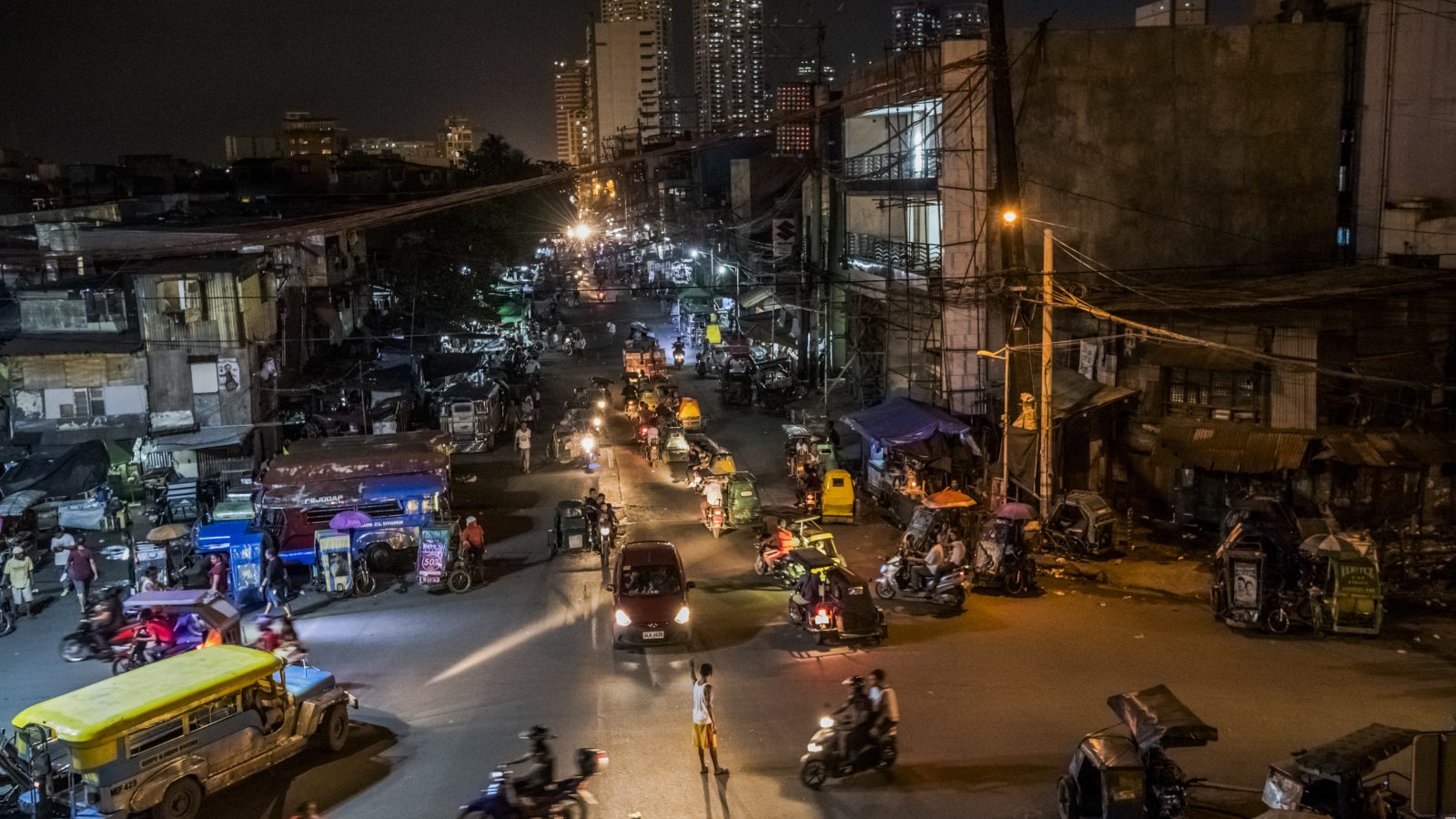In the Philippines, fake news can get you killed

Just before 8 p.m. on the evening of August 17, Zara Alvarez and her two housemates stepped out of a market in a suburb of Bacolod, a city on Negros Island in the central Philippines. Alvarez, 39, wore black leggings, black basketball shoes, and a black T-shirt with the legend “From the Other Side.” In press photos taken later that night, the rain was so heavy that the streetlights diffused into the murk, each bulb looking like a swollen moon. The women hurried toward their home, a boarding house on nearby Santa Maria Street. In the dark and the downpour, they didn’t see that they were being followed. As they reached their road, a man approached and fired three shots into Alvarez, who fell. He fired three more times at her prone body and fled, jumping onto a waiting motorcycle.
“I’ve covered a lot of murders like that,” says Nonoy Espina, a veteran journalist from Bacolog, the chairman of the National Union of Journalists of the Philippines, and a friend of Alvarez’s. “But when it’s someone you know …” He trails off.
